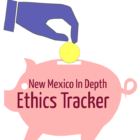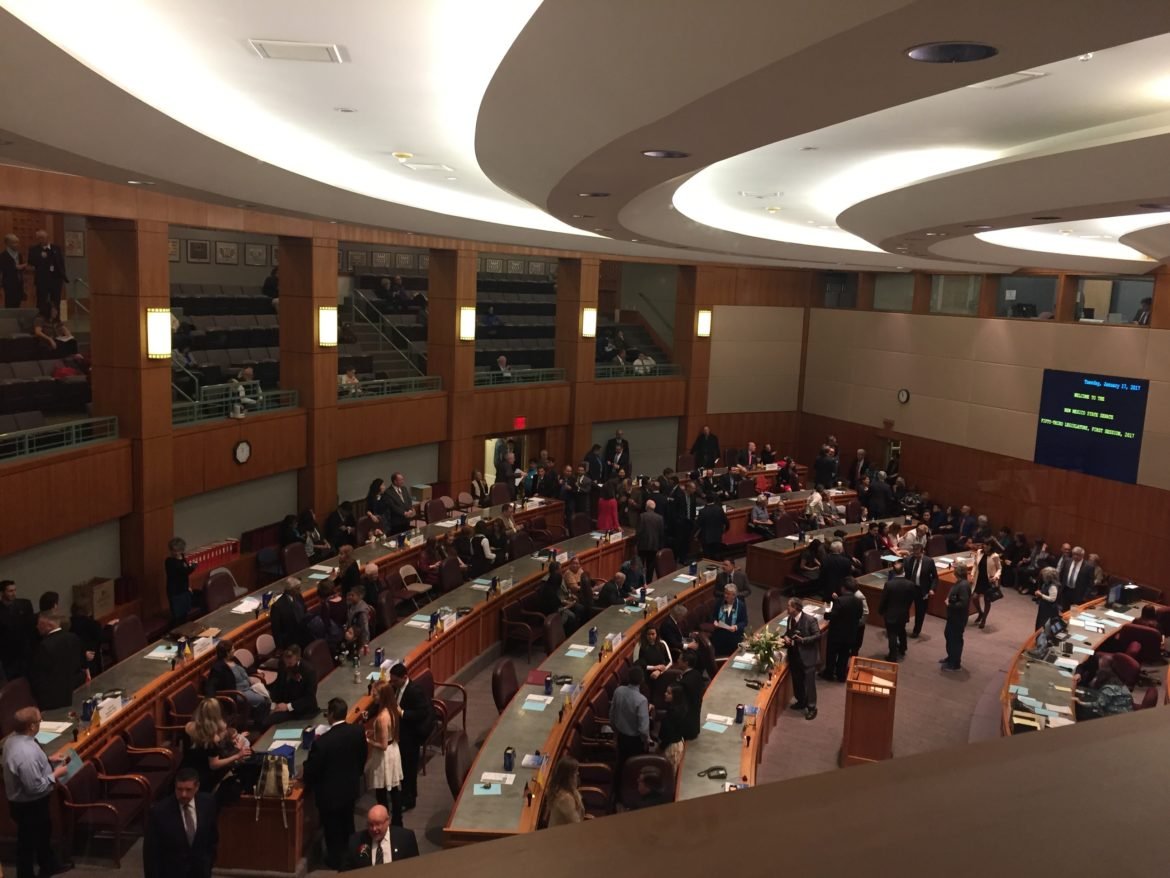Follow 2017 legislative session via NMID’s Ethics Tracker
|
Entering the third week of New Mexico’s 2017 legislative session, several ethics and campaign finance reform bills have cleared their first committee hearings. In the interest of reporting on these subjects in a comprehensive way, we’ve decided to share our internal “ethics tracker” publicly. Ethics and campaign finance are issue areas New Mexico In Depth has reported on for years. This year, two bills that would bring significant change to New Mexico seem to have more traction than in years past:
Creation of an independent ethics commission, or similar entity. Passage of an omnibus campaign finance reform bill.







